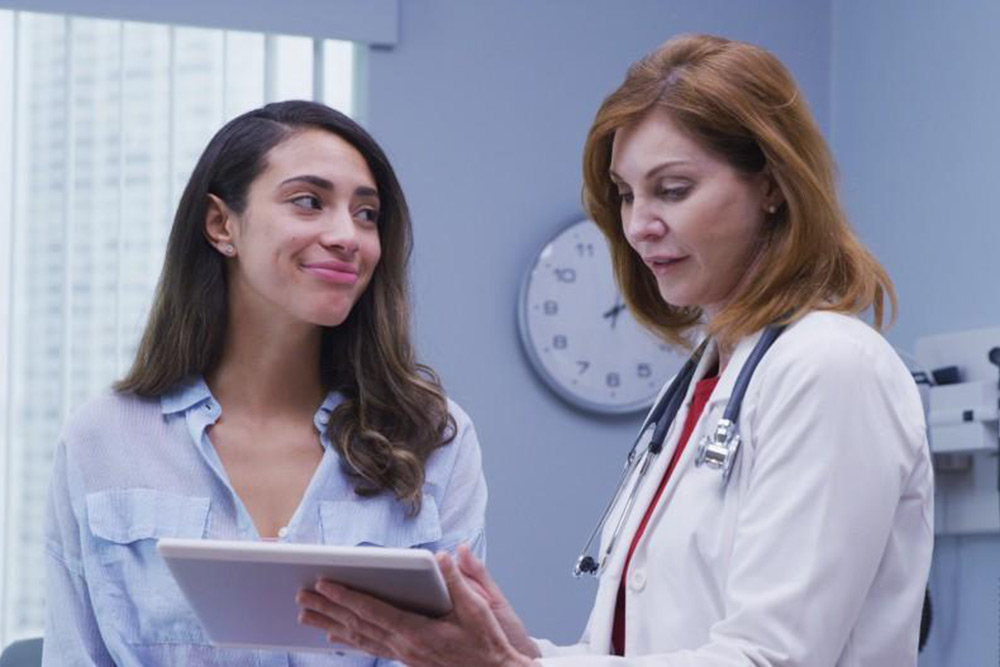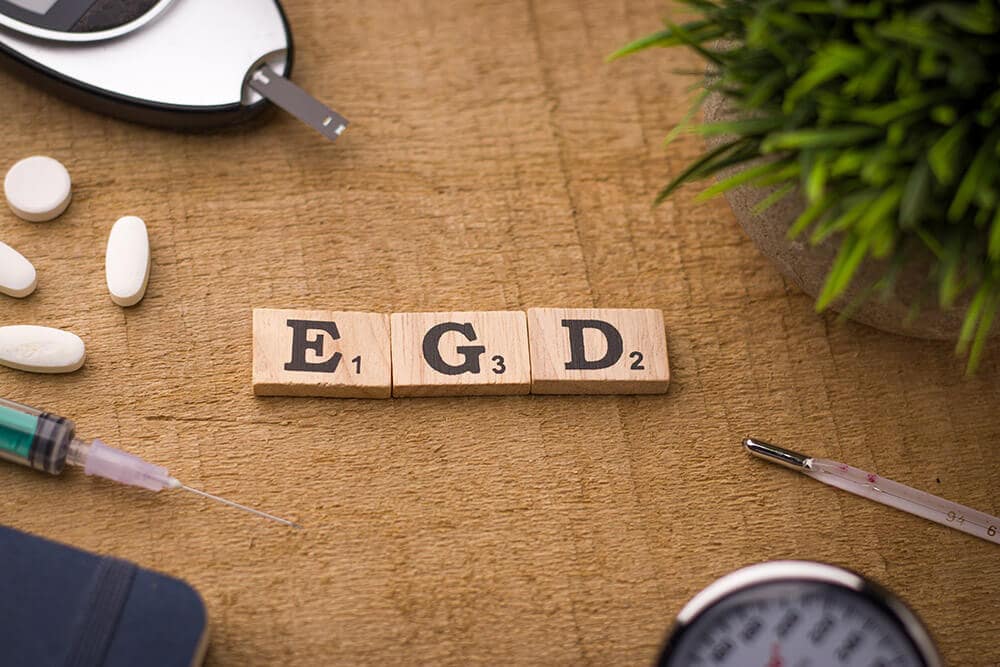Expert Treatment for Esophageal Strictures by Dr. Bharat Pothuri
Dr. Pothuri uses a step-by-step approach:
Medical History and Exam
He reviews your swallowing difficulties, chest or epigastric pain, heartburn, weight changes and assesses risk factors such as GERD, eosinophilic esophagitis or prior radiation.
Upper Endoscopy (EGD)
A flexible scope is passed into your esophagus to directly visualize strictures, take biopsies for inflammation or allergy, and evaluate mucosal health.
Barium Swallow X-Ray
Under fluoroscopy you drink a barium solution to outline the esophageal lumen, map narrowing sites and observe bolus transit.
Esophageal Manometry
Thin pressure sensors measure the strength and coordination of esophageal muscle contractions during swallowing.
24-Hour pH Monitoring
A probe measures acid exposure over time, linking reflux events to your epigastric pain and guiding medical therapy.
Frequently Asked Questions
Where can I get treatment in Houston?
Visit GastroDoxs near the Texas Medical Center. Dr. Pothuri offers safe, same-day dilation.
How long is recovery after dilation?
Most patients feel better within 1-2 days and return to eating normally.
Will the stricture come back?
Sometimes. Some people need one treatment. Others require repeat dilations.
When should I see a doctor?
If swallowing hurts, food feels stuck, or you've lost weight-don't wait. Seek evaluation promptly.
Can strictures cause serious problems?
Yes. Untreated strictures can lead to poor nutrition, ongoing pain, or even breathing risks.
Will I need multiple treatments?
It depends on the cause. Some patients need regular visits; others may only require one procedure.
Is anesthesia used during dilation?
Yes. We use light sedation or anesthesia to keep you relaxed and comfortable throughout the procedure.












